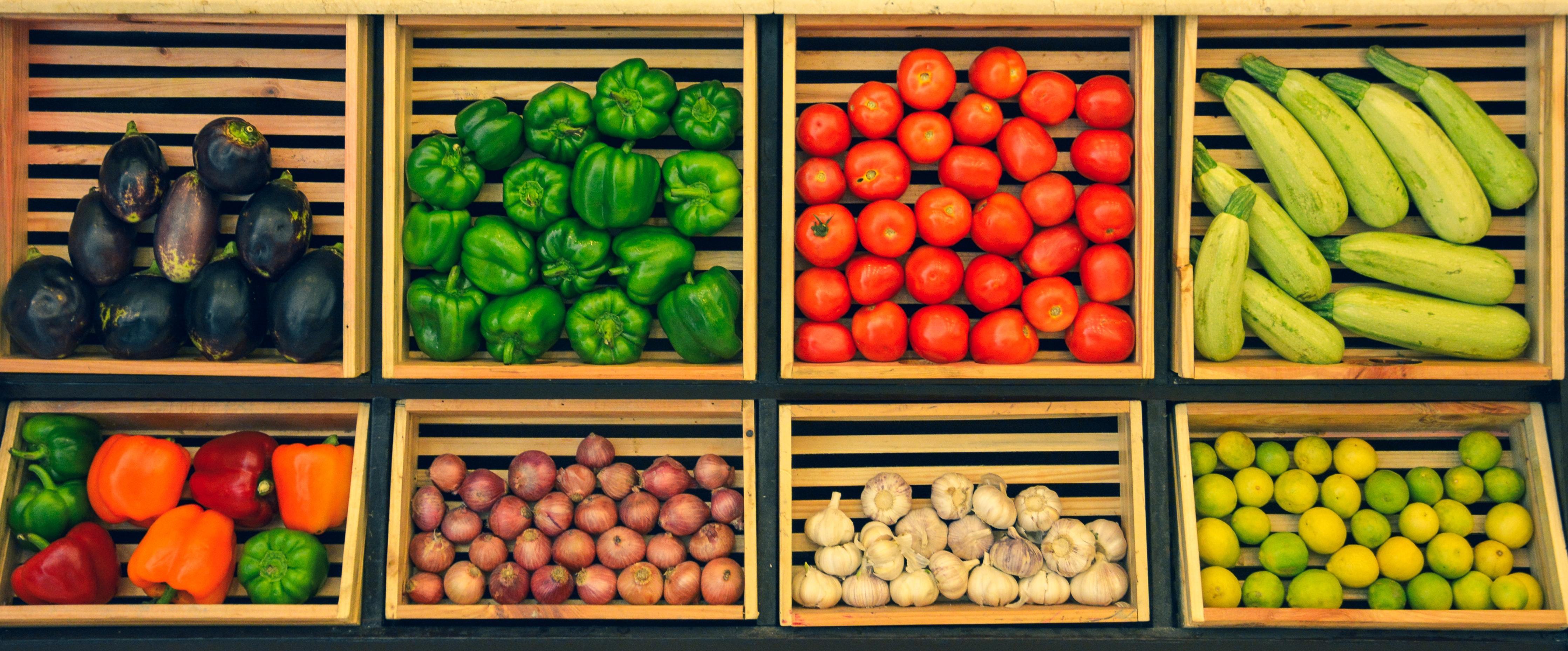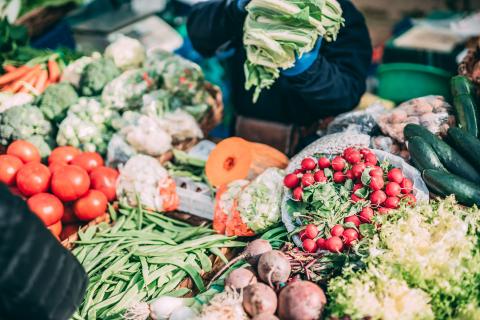Veg Voice Report: Covid Veg
Peas Please gathered stories from nearly a hundred people in the midst of UK-wide COVID-19 restrictions in 2020 (June–Aug). These present a picture of people’s experiences of accessing fruit and veg at a time of national crisis.
Download

Backgroud
In March 2021 Peas Please published Covid Veg, a qualitative evidence of people’s experiences of accessing fruit and veg during UK-wide COVID-19 restrictions in 2020 (June–Aug). It showed that the ongoing crisis brought to the fore the problems of a food system which provides healthy food at a cost that is now beyond the affordability of a significant proportion of the population (Food Foundation, 2020a).
In the qualitative data gathered, only people on incomes of less than £2000 per month reported experiencing problems accessing fruit and veg, and those with incomes of less than £500 per month reported significantly lower veg consumption. This adds to the evidence that affordability is a key barrier when it comes to consumption of healthy diets in the UK – this is something that measures to increase consumption have to address.
Inability to access enough fruit and veg, particularly at the beginning of the first lockdown and particularly in relation to supermarkets, was seen as a problem, with a perception that quality was lower and prices higher. Some mentioned that empty supermarket shelves had highlighted to them the fragility of the food supply system. There was much gratitude expressed to local food suppliers. But, those who used local or independent suppliers were more likely to be on higher household incomes and to report reliable access to quality fruit and veg.
All except one of participants in the £3000+ per month income bracket either used a farm shop or veg box scheme, or grew their own fruit and veg. Many reported turning to growing in their own gardens and allotments, or with communal growing projects. When asked what could be done to help people eat more fruit and veg, increasing the number of local fruit and veg producers/retailers and delivery services was seen as important, as was education / cooking classes and more grow your own / communal growing initiatives. Making fruit and veg more affordable was mentioned most often.
This is at a time when, according to the UK’s Consumer Price Index (CPI), average retail prices of fruit and veg have remained fairly static or lower than the previous year, though data from the Institute of Fiscal Studies (IFS, 2020) found grocery price inflation in the first month of lockdown primarily due to a reduction in the number of promotions. Participants suggested that major structural change to our food system is needed to enable barriers to be overcome in any meaningful way, particularly redressing the cost balance between healthy and unhealthy foods. Several participants saw problems around accessing fruit and veg to be rooted in broader economic structures and inequality, suggesting that these need to change rather than just the price tag placed on fruit and veg at point of sale.

"I had to stop buying it as I am on benefits. My electric bill got higher as my family were at home all the time. The extra ten pound a week I had to put in my pre-payment meter meant I had no money to buy any … also the price of vegetables had risen during Covid"




